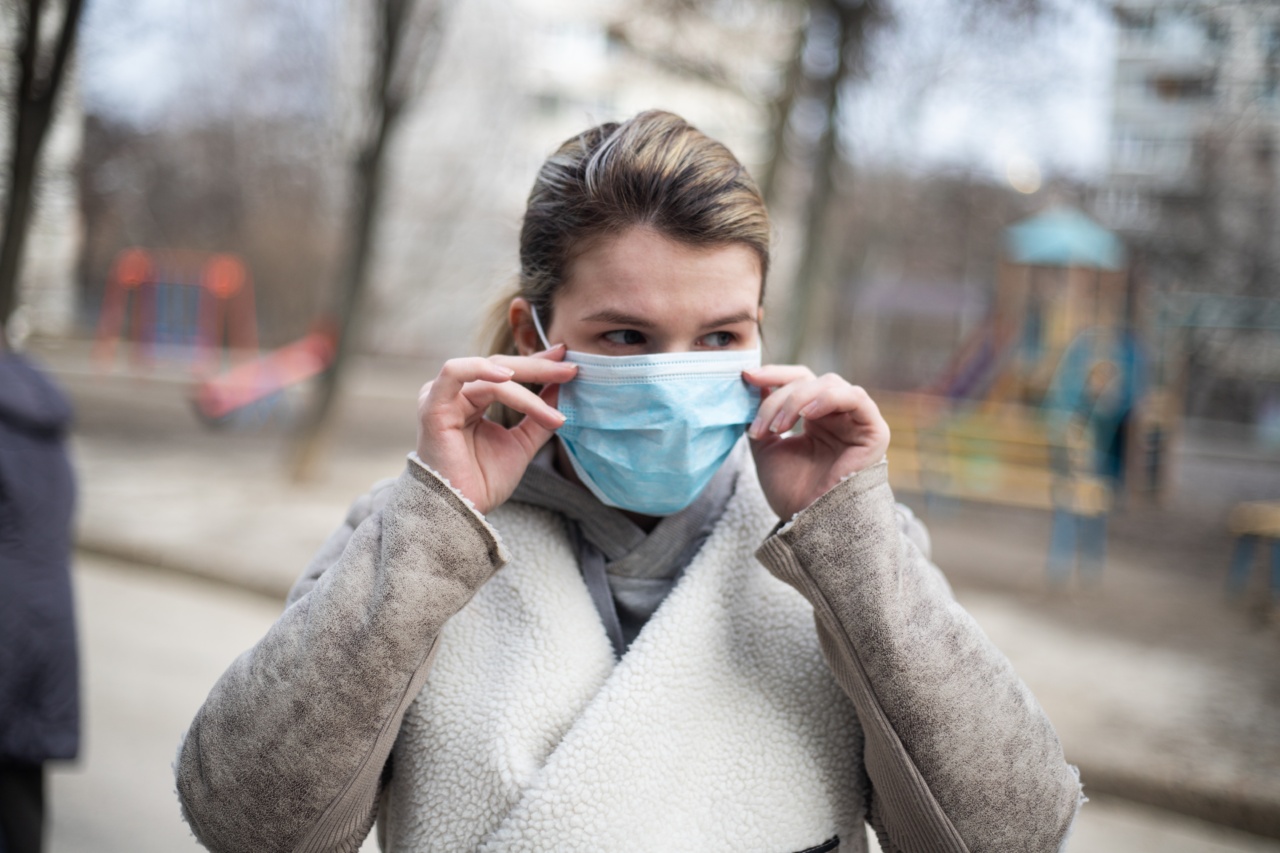Winter is a season that many people look forward to due to the festivities, snow activities and cozy nights at home. Unfortunately, this season also comes with its downsides, such as colds, flu, pneumonia and other respiratory infections.
Frequent illnesses during winter can be a major cause for concern, particularly among individuals with pre-existing health problems. In this article, we will be discussing the causes of frequent illness during winter and how to stay healthy during this season.
Cold Weather
One of the main reasons for frequent illnesses during winter is the cold weather. During winter, the air is drier and colder, causing our respiratory system to work harder in order to maintain an appropriate temperature.
This can make it easier for viruses and bacteria to attach to the surfaces of our mucous membranes, leading to infections such as the flu, cold and pneumonia.
Additionally, the cold weather can cause our blood vessels to constrict, reducing the amount of oxygen that is delivered to our organs, including our lungs.
This can weaken our immune system, making us more susceptible to infections, particularly if we have pre-existing health conditions such as asthma, chronic obstructive pulmonary disease (COPD) and heart disease.
Indoor Heating
Indoor heating is another culprit for frequent illnesses during winter.
Central heating systems and fireplaces can make our indoor environment warm and cozy, but they can also lead to dry air which can irritate the mucous membranes in our respiratory system. This annoyance can lead to conditions such as allergic rhinitis, sinusitis and other respiratory infections.
Furthermore, indoor heating can also create an ideal environment for dust mites, bacteria and viruses to thrive. This can put us at risk of developing infections and allergies, particularly if we do not maintain a clean indoor environment.
Crowded Indoor Spaces
During winter, we tend to spend more time indoors due to the cold weather. This increased time in crowded indoor spaces can increase our risk of developing illnesses.
Research has demonstrated that crowded indoor environments, such as schools and workplaces, can cause viruses and bacteria to spread more easily. The air conditioning system in these indoor spaces can also contribute to this spread of infections.
In addition, people with pre-existing health conditions are more susceptible to infections due to the weakened immune system. If they are in a crowded indoor space, their risk of contracting an infection is higher compared to others.
Hence, it is important to take preventive measures, such as getting vaccinated and washing your hands frequently.
Poor Diet
Poor diet is another significant cause of frequent illnesses during winter. During winter, we tend to crave for starchy and fatty foods, such as pies, pastries and hot chocolate.
However, these foods are often low in essential nutrients, such as vitamin C and zinc which play a crucial role in boosting our immune system. A weak immune system can lead to a higher risk of developing infections.
Instead of indulging in unhealthy foods, it is wise to incorporate a balanced diet with a variety of fruits and vegetables.
These foods contain essential nutrients that can help to keep our immune system healthy and reduce our risk of developing infections.
Lack of Exercise
The cold weather and busy schedules during winter can make it hard to squeeze in exercise and other physical activities. However, lack of exercise can also weaken our immune system.
Exercise releases endorphins, which are important for maintaining good mental health and immune function. In addition, physical activity has been shown to reduce the incidence of respiratory infections.
Even if you cannot go for a regular jog or gym session, it is essential to stay active by doing simple exercises such as walking or stretching. Remember to dress appropriately, stay hydrated and avoid overexerting yourself.
Stress
Winter can be a stressful time, particularly with the added pressures of work, holiday planning and other commitments. Stress can weaken our immune system, making us more prone to infections.
Stress management techniques, such as deep breathing, meditation and yoga can help to reduce stress levels.
In addition, it is important to make time for activities that bring joy and relaxation, such as spending time with loved ones and engaging in hobbies.
Smoking
Smoking is a significant risk factor for developing respiratory infections. During winter, smoking becomes even more dangerous due to the cold weather and dry air.
Smoking can also weaken the immune system and increase the severity of infections and allergies.
If you smoke, it is important to quit smoking or avoid smoking during winter.
If you have a history of smoking, it is crucial to take extra precautions to protect yourself from developing infections, such as getting vaccinated and maintaining good hygiene.
Hygiene
Good hygiene is important in reducing the spread of infections, particularly during winter. This includes washing your hands frequently, using hand sanitizer, covering your mouth and nose while coughing and sneezing, and avoiding touching your face.
In addition, it is important to keep your living spaces clean, particularly areas that are frequently touched, such as doorknobs, countertops and light switches. Use disinfectants appropriately and maintain good personal hygiene practices.
Conclusion
Frequent illnesses during winter can be frustrating, but there are many ways to reduce your risk of developing infections.
By understanding the various causes of frequent illnesses during winter, and taking preventive steps, such as maintaining good hygiene practices, eating healthy and staying active, you can stay healthy during winter.































